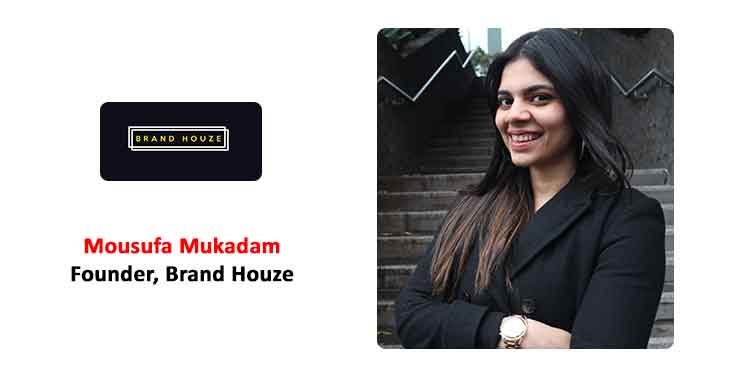The COVID-19 crisis has jolted the global economy with a disruptive impact on all sectors. The brand communication field is no exception. With the nationwide lockdown in place, most of the enterprises have embraced the ’work from home’ model to sustain the continuity. With the economic activity coming to an almost virtual standstill due to the closure of manufacturing and construction units, closure of malls and public places and suspension of travel plans, the world struggled to cope with the pandemic. Things have started picking up, albeit slowly but there is still a way to go before the situation returns to normalcy.
In such a situation, agility and flexibility have emerged as the new currency for survival for both individuals as well as enterprises. This will compel most brands to rethink their business models and operational structure. A consistent flow of communication will be vital to the new scheme of things. The COVID-19 crisis has also prompted brands to rethink their integrated marketing strategy to stay relevant amidst the competition. With most of the consumers now confined to their homes and using digital media extensively, it is an opportune time for brands to connect with customers and gain insights on their needs and expectations going forward.
The current crisis has underscored the need for collaboration and a consistent flow of communication to sustain engagement. This implies that brand- marketing consultancy partnerships are more important than ever before to devise a purposeful communication strategy that adds value for the target audience instead of just ‘hard selling. This has pivoted the shift to brand recall and purposeful branding. For instance: your consumer may likely want to know how your brand is ensuring your safety. Hence it is prudent to keep your customers thoroughly abreast of all developments and how you as a ‘brand’ is evolving with the COVID-19 pandemic.
The COVID-19 pandemic can also be regarded as an inflection point for digital technology and e-commerce. Integrated marketing communication in 2020 is no longer confined to traditional media but comprises a mix of paid, owned and earned media. Brands should leverage the opportunity to not only go digital in their operations but also acknowledge the power of digital communication. Going forward, it is foreseen that brands will rely on omnichannel marketing strategies led by digital communication to strike a chord with the audience. Virtual campaigns led by micro and nano influencers will disrupt the digital communication landscape. A well-crafted influencer marketing strategy is a way forward to reinforce a brand messaging subtly interwoven with its product narrative.
The current scenario has also reinforced the need for responsible and ethically driven communication. A recent Zeno study has pointed out that consumers are four times more likely to purchase from a brand with a strong purpose. One cannot underestimate the role of communication in augmenting social initiatives and shaping the perception of an ethical company.
As companies relook at their business goals from a realistic angle amidst shrinking budgets, the role of communication will be increasingly integral to driving tangible business outcomes. Equally relevant will be a short-term strategy and crisis management plan to help brands to stay afloat in unprecedented times. Practitioners need to take cognizance of the rapidly evolving landscape of marketing communication and think collectively as well as collaboratively to stay relevant in the competition. Brands with emphatic communication that is willing to go an extra mile for consumers will emerge stronger than ever before.
Authored by Mousufa Mukadam, Founder of Brand Houze.
















